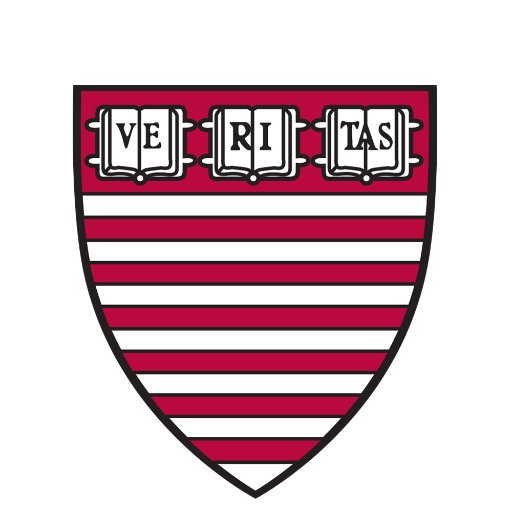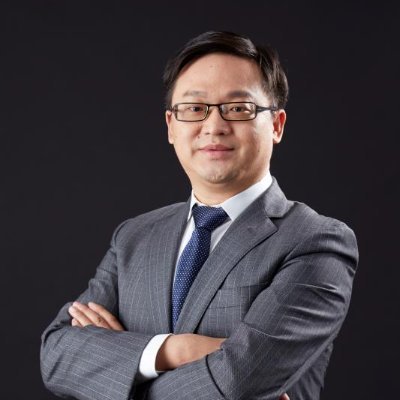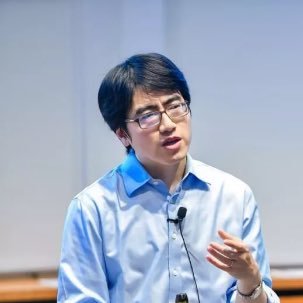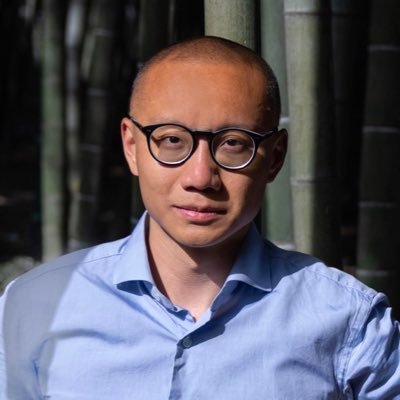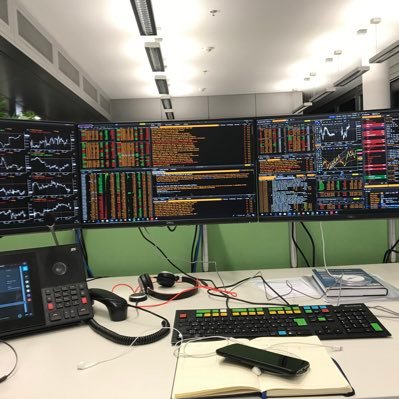
Rita Rudnik 茹慧蒂
@RudnikRita⛩Asia: 📊economy, ⚙️industry, 🤖innovation J.F.Kennedy Fellow at Harvard @Kennedy_School MPA/ID’23 Via @MacroPoloChina, @Google Asia Pacific
Similar User

@LynnKuok

@MacroPoloChina

@AASAsianStudies

@JesseRodenbiker

@bill_drexel

@ruehlig

@r_zwetsloot

@ColleenDerkatch

@mazzocco_ilaria

@jacob_feldgoise

@GranoSimona

@ruihan_huang

@wendyleutert

@kevinweiluo

@EricaYunyi
1/🧵 #Robots can either kill or create #jobs. The outcome largely depends on country-specific factors (wages, industrial composition, policy) rather than only the state of robotic technologies, I argue in the new research for @MacroPoloChina : macropolo.org/analysis/machi…
Humbled to be featured in the @Kennedy_School student global map project along my inspiring peers. 52% of HKS students come from outside the US, representing 98 countries and territories. hks.harvard.edu/more/student-l…
“I grew up in a Siberian city called Krasnoyarsk that is geographically located closer to Beijing than to Moscow. I came to the Kennedy School to understand what drives economic development—and how I can contribute to the prosperity of the Asia Pacific region.” (12/15)

The more innovative a firm (and a country) is, the more it benefits from being a part of GVCs
Took more than a year but happy to see my article on GVCs & Indian manufacturing finally out! tandfonline.com/doi/full/10.10… - Linking into GVCs ⬆️ product sophistication by 2% but there is a SOUTHERN shift in India's GVC trade. - Younger & more innovative firms gain more from linking

🇨🇳 is relying on robots to increase productivity and maintain its position as a global manufacturing hub. Great piece today @thewirechina with inputs from a galaxy of experts.
I wrote about China’s robotic rise for @thewirechina this week — exploring how Beijing is driving a transformation in the country’s approach to manufacturing. thewirechina.com/2022/09/18/chi… (1/5)
Great thread and work on the speech translation. 🇨🇳 is well aware of its S&T weaknesses: no breakthroughs in fundamental science, poor cooperation between industry/academia, credentialism and shortage of talents.
The CCP's top science official is scared for the future of S&T in China. ChinaTalk translated key excerpts from his recent speech on why he thinks the US has a good shot at containing China's tech rise A THREAD

TH is becoming a major player in #EV supply chains. It's already a huge car manufacturing hub and also has lucrative subsidies for #EV. 🇺🇸@VelodyneLidar @ousterlidar placed production in TH to drive #lidar costs down, and now 🇨🇳 BYD as well. asia.nikkei.com/Business/Autom…
Krugman: One reason for #globalization to stall is the rise of #robots, as companies could automize at home what they used to outsource to cheap labor markets. That's relevant for auto and electronics manuf. (49% of all robots in these two industries) nytimes.com/2022/09/06/opi…
- 2x of innovation in a field requires 8x researchers - time between commercial availability and adoption is still ~10-30 years - scientific innovation requires complementary management innovation Thought-provoking episode with @AlecStapp mck.co/3bFZUN7 @McKinsey_MGI
APAC economies drive 61.5% exports of optics and electronics, and 83.7% of global integrated circuits specifically. @adbpublications @ADB_HQ adb.org/sites/default/…

"🇨🇳 moves away from labor-intensive export too slowly. It could 1) move labor-intensive production abroad 2) move it from coastline to inner regions 3) adopt labor-saving tech. But (1), (2) happen slowly, (3) not at all" - @gordon_h_hanson shows hks.harvard.edu/publications/w…
🇨🇳's demographic situation is conducive to transition from labour-intensive to capital-intensive growth, as the young generation is way more educated than the retiring. In contrast, in high-income countries lots of talented workers with high pensions will retire
And why, China's growth from 2020-2049 will be harder on rich countries than on poor ones (vs reverse over 1980-2020): blogs.soas.ac.uk/china-institut… @alykhansatchu @rhymeswbruised @Siderop @RudnikRita @RobertJRElliott @MaryGao @mcgregorrichard @ricyet @Noahpinion @martinwolf_ #ageing
United States Trends
- 1. Thanksgiving 763 B posts
- 2. Tyrese Martin 1.485 posts
- 3. Druski 21,3 B posts
- 4. Friday Night Lights 15,5 B posts
- 5. #AEWDynamite 24,8 B posts
- 6. Kevin Hart 9.434 posts
- 7. Pat Spencer N/A
- 8. #Survivor47 4.349 posts
- 9. Knicks 13,2 B posts
- 10. Zuck 10,3 B posts
- 11. Vindman 59,7 B posts
- 12. Jalen Williams 1.486 posts
- 13. #BillboardIsOverParty 137 B posts
- 14. Cruz Azul 19,3 B posts
- 15. Izzo 1.461 posts
- 16. Ace Bailey 1.202 posts
- 17. #ALLCAPS 1.177 posts
- 18. Trae Young N/A
- 19. Max Christie 2.151 posts
- 20. Kuminga 1.945 posts
Who to follow
-
 Lynn Kuok
Lynn Kuok
@LynnKuok -
 MacroPolo
MacroPolo
@MacroPoloChina -
 Association for Asian Studies
Association for Asian Studies
@AASAsianStudies -
 Jesse Rodenbiker
Jesse Rodenbiker
@JesseRodenbiker -
 Bill Drexel
Bill Drexel
@bill_drexel -
 Tim Rühlig
Tim Rühlig
@ruehlig -
 Remco Zwetsloot
Remco Zwetsloot
@r_zwetsloot -
 Colleen Derkatch left for bluer skies-same handle
Colleen Derkatch left for bluer skies-same handle
@ColleenDerkatch -
 Ilaria Mazzocco
Ilaria Mazzocco
@mazzocco_ilaria -
 Jacob Feldgoise
Jacob Feldgoise
@jacob_feldgoise -
 Simona Alba Grano
Simona Alba Grano
@GranoSimona -
 Ruihan Huang
Ruihan Huang
@ruihan_huang -
 Wendy Leutert
Wendy Leutert
@wendyleutert -
 Kevin Wei Luo
Kevin Wei Luo
@kevinweiluo -
 Erica Yunyi Huang
Erica Yunyi Huang
@EricaYunyi
Something went wrong.
Something went wrong.


